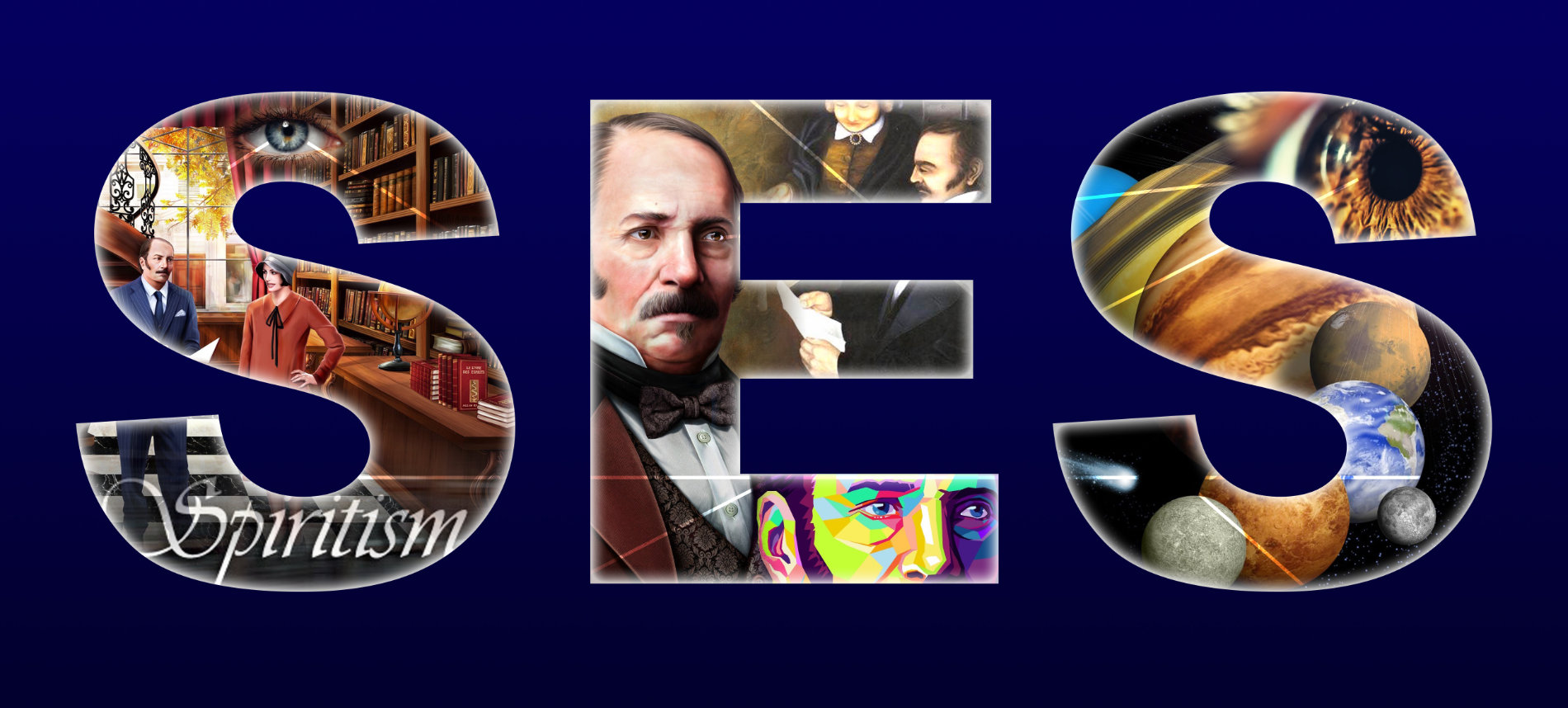
Delusions About Spirits
“Since this morning I’ve been dizzy, it must be some bad spiritual energy.”
“We need spiritual healing; my family is beset by dark spirits.”
“Spirits don’t let me sleep. I can’t get any rest.”
I can’t recall how many times I heard or read such common concerns like these. It always amazes me how much the supernatural is entangled in the lives of Spiritists, especially in Brazil.
When I questioned friends in Brazil, they usually became defensive. Aren’t they able to see that what they call ‘the intermingling with the hereafter’ rings as naiveté for an objective person? Why do people who seem so well prepared, become so accepting of this parallel reality in their lives? In no way this is a criticism, it’s rather, for me, a statement of fact. I have been interested in the Spiritist ideas, and its conception of Christianity, but being from a different culture, that fact strikes me as mislaid. In some ways, these concerns resonate with me, thinking of worries with the devil and its troupe with which priests and pastors have brainwashed their flocks from time immemorial, even before the beginning of Christianity.

As an American, my personality is defined by a deep sense of independence, self-sufficiency, personal responsibility, and esteem for objective thinking. I was raised in a family of Unitarian Universalists, with a grandmother who loved Ralph Waldo Emerson, and from whom I learned that ‘the purpose of life is spiritual transformation and direct experience of divine power, here and now on Earth.’
In no way do I discredit the idea of a hateful, ignorant spirit being at the root of some complex psychiatric disorders, or an actor in some cases of drug addiction, but these are, in my view, abnormal syndromes. However, the idea that we are surrounded by spirits able to easily trample on our free will, and violate the energy barrier that separates the different realms at will, is simply an irrational proposition for me.
Here is my suggestion for those who have taken up the task of promoting the Spiritist thought in the Anglosphere. Focus less on the dark, diseased souls of the spiritual realm, and phase out words such as spiritual possession, obsession, controlling entities, and vengeful beings in lectures and healing treatments. Instead, focus more attention on what matters for a person’s eternity, that is, inner transformation, cultivation of positive thinking, being a good human being, and living with gratitude.
Spiritist leaders in their communities should not stray from the wisdom already revealed in seminal literature, but the times may ask for adoption of the new tools that are part of the modern repertoire for spiritual awareness: meditation, yoga, mindfulness, tai-chi, contemplative prayer, and any other form of meditative activity.

These are tools that, together with all other tools utilized in Spiritist activities, will help today’s practitioners to reeducate their minds, change negative behaviors and beliefs, and hear the inner voice that inspires true transformation.
While it may be easy blame the unknown for mishaps in our lives, such concern with occult matters all too often stifles our lives with fear. For simplicity sake, consider “Love is stronger than fear.” (1 John 4:18)










Recent Comments